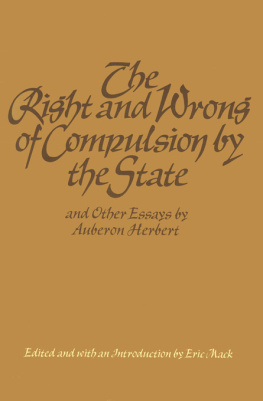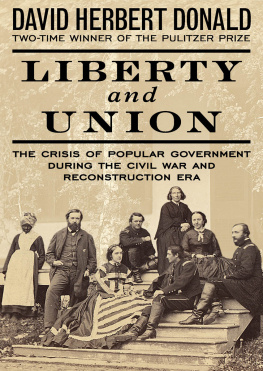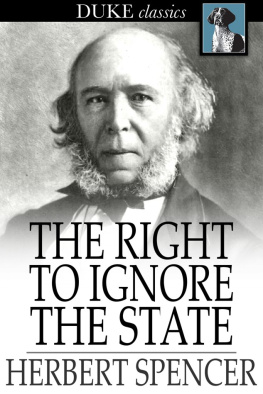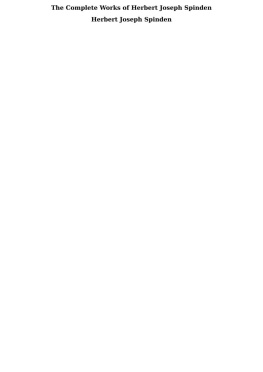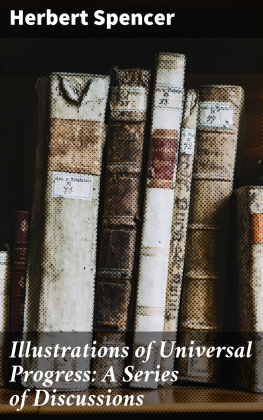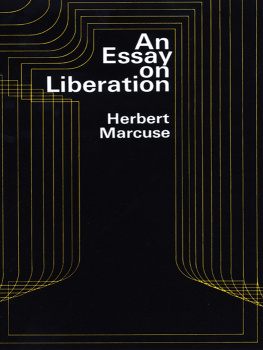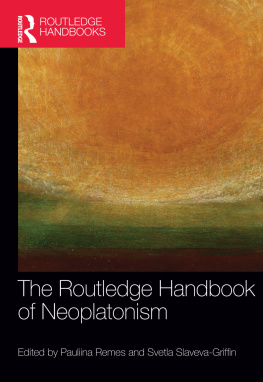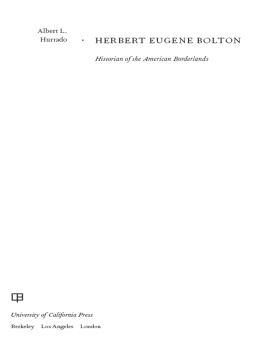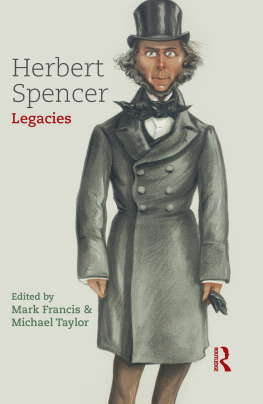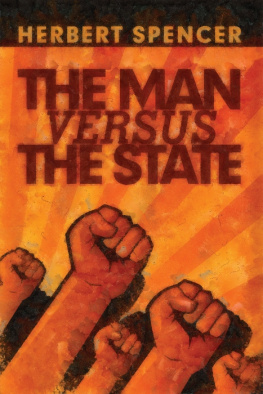THE RIGHT AND WRONG OF COMPULSION BY THE STATE, AND OTHER ESSAYS

This book is published by Liberty Fund, Inc., a foundation established to encourage study of the ideal of a society of free and responsible individuals.

The cuneiform inscription that serves as our logo and as a design element in Liberty Fund books is the earliest-known written appearance of the word freedom (amagi), or liberty. It is taken from a clay document written about 2300 B.C. in the Sumerian city-state of Lagash.
Introduction and other editorial additions 1978 by Eric Mack.
This eBook edition published in 2013.
eBook ISBNs:
Kindle 978-1-61487-097-5
E-PUB 978-1-61487-215-3
www.libertyfund.org
For my parents
E.M.
CONTENTS
INTRODUCTION
by Eric Mack
T his collection of essays makes available the major and representative writings in political philosophy of one of the distinctive figures in the profound and wide-ranging intellectual debate which took place during the late Victorian age. It was during this period, in the intellectual and social ferment of the 1880s and 1890s, that Auberon Herbert (1838-1906) formulated and expounded voluntaryism, his system of thorough individualism. Carrying natural rights theory to its logical limits, Herbert demanded complete social and economic freedom for all noncoercive individuals and the radical restriction of the use of force to the role of protecting those freedomsincluding the freedom of peaceful persons to withhold support from any or all state activities. All cooperative activity, he argued, must be founded upon the free agreement of all those parties whose rightful possessions are involved.
Auberon Herbert was by birth and marriage a well-placed member of the British aristocracy. He was educated at Eton and at St. John's College, Oxford. As a young man he held commissions in the army for several years and served briefly with the Seventh Hussars in India (1860). On his return to Oxford he formed several Conservative debating societies, was elected a Fellow of St. John's, and lectured occasionally in history and jurisprudence. In 1865, as a Conservative, he unsuccessfully sought a seat in the House of Commons. By 1868, however, he was seeking a parliamentary seat, again unsuccessfully, as a Liberal. Finally, in 1870, Herbert successfully contested a by-election and entered the Commons as a Liberal representing Nottingham. Most notably, during his time in the House of Commons, Herbert joined Sir Charles Dilke in declaring his republicanism and Herbert supported Joseph Arch's attempts to form an agricultural laborer's union. Although, through hindsight, many of Herbert's actions and words during the sixties and early seventies can be read as harbingers of his later consistent libertarianism, he actually lacked, throughout this period, any consistent set of political principles. During this period, for instance, he supported compulsory state educationalbeit with strong insistence on its being religiously neutral.
In late 1873 Herbert met and was much impressed by Herbert Spencer. As he recounts in Mr. Spencer and the Great Machine, a study of Spencer led to the insight that
thinking and acting for others had always hindered, not helped, the real progress; that all forms of compulsion deadened the living forces in a nation; that every evil violently
However, it was even before this intellectual transformation that Herbert had decided, perhaps out of disgust with party politics or uncertainty about his own convictions, not to stand for reelection in 1874. Later, in 1879, he again sought Liberal support to regain a seat from Nottingham. But at that point his uncompromising individualist radicalism was not acceptable to the majority of the Central Council of the Liberal Union of Nottingham. In the interim, 1877, he had organized the Personal Rights and Self-Help association. And in 1878 he had been one of the chief organizers of the antijingoism rallies in Hyde Park against war with Russia. Along with other consistent classical liberals, Herbert repeatedly took anti-imperialist stands. He called for Irish self-determination. He opposed British intervention in Egypt and later opposed the Boer War.
In 1880 following his rejection by the Liberals of Nottingham, Herbert turned to the publication of addresses, essays, and books in defense of consistent individualism and against all forms of political regimentation.
In 1885 Herbert sought to establish the Party of Individual Liberty and under this rubric gave addresses across England. The title essay for this collection, The Right and Wrong of Compulsion by the State, was written as a statement of the basis for, the character of, and the implications of, the principles of this party. Again with Also during the 1890s, Herbert engaged in lengthy published exchanges with two prominent socialists of his day, E. Belfort Bax and J. A. Hobson. Herbert continued to write and speak into this century, and two of his best essays, Mr. Spencer and the Great Machine and A Plea for Voluntaryism, were written in 1906, the last year of his life.
In all his mature writings Auberon Herbert defended a Lockean-Spencerian conception of natural rights cording to which each person has a right to his own person, his mind and body, and hence to his own labor. Furthermore, each person has a right to the products of the productive employment of his labor and faculties. Since each person has these rights, each is under a moral obligation to respect these rights in all others. In virtue of each person's sovereignty over himself, each individual must consent to any activity which directly affects his person or property before any such activity can be morally legitimate. Specifically, each must forgo the use of force and fraud. Each has a right to live and produce in peace and in voluntary consort with others, and all are obligated to respect this peace.
In The Right and Wrong of Compulsion by the State, Herbert is anxious to point out that there is a potentially dangerous confusion between two meanings which belong to the word force. indicates that he values this interchange with B over the status quo. He indicates that he sees it as beneficialunlike all interactions involving direct force.
The employer may be indirectly forced to accept the workman's offer, or the workman may be indirectly forced to accept the employer's offer; but before either does so, it is necessary that they should consent, as far as their own selves are concerned, to the act that is in question. And this distinction is of the most vital kind, since the world can and will get rid of direct compulsion; but it can never of indirect compulsion.
Besides, Herbert argues, any attempt to rid the world of indirect force must proceed by expanding the role of direct force. And when you do so, you at once destroy the immense safeguard that exists so long as [each man] must give his consent to every action that he does. The believer in strong government cannot claim, says Herbert, that in proposing to regulate the terms by which individuals may associate, he is merely seeking to diminish the use of force in the world.
What, then, may be done when the violation of rights threatens? So strong is Herbert's critique of force that, especially in his early writings, he is uncomfortable about affirming the propriety of even defensive force. Thus, in A Politician in Sight of Haven the emphasis is on the fact that the initiator of force places his victim outside the moral-relation and into the force-relation. Force, even by a defender, is not moral. The defender's only justification is the necessity of dealing with the aggressor as one would with a wild beast. Indeed, so pressed is
Next page
